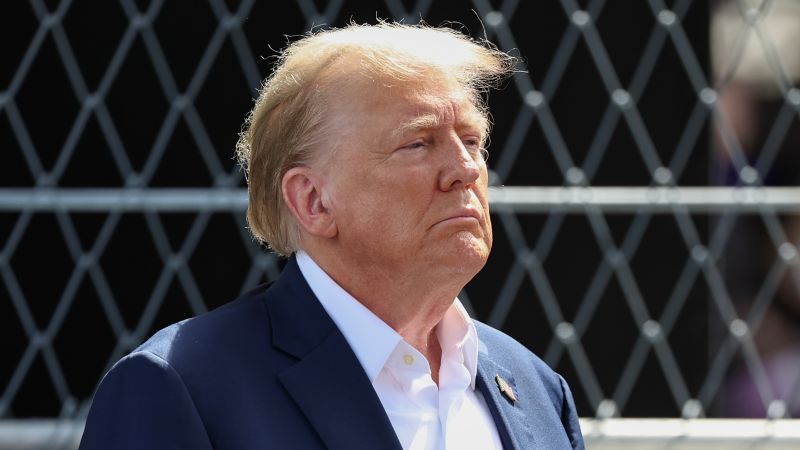Former President Donald Trump is facing a potential tax bill of over $100 million as a result of an ongoing IRS inquiry into claims of enormous losses on his Chicago skyscraper. The investigation started after Trump reported significant financial losses on his 2008 tax return, stating that the building was “worthless” at the time due to its debt. Trump’s lawyers then facilitated further claims of losses in 2010 by transferring the ownership of the Chicago tower into a new partnership controlled by Trump, which allowed for additional tax deductions.
The IRS inquiry was triggered by the shifting of other Trump businesses, including golf courses, into the same partnership used to claim tax-reducing losses from the Chicago tower. This accumulation of losses over the following decade amounted to $168 million, prompting the IRS to seek a revision that could result in Trump owing more than $100 million in taxes. The audit into Trump’s loss claims for the Chicago tower was only publicized in a December 2022 congressional report, confirming that the investigation was still ongoing.
Trump’s son, Eric Trump, who is the executive vice president of the Trump Organization, defended the family’s position by stating that the matter had been settled years ago and brought back to public attention when his father ran for office. He expressed confidence in their position, citing opinion letters from various tax experts, including the former general counsel of the IRS. Despite the IRS inquiry and potential tax bill, the Trump family remains steadfast in their belief that they have followed all necessary protocols and are legally justified in their tax deductions.
The revelation of the IRS inquiry into Trump’s Chicago skyscraper losses sheds light on the complexities of tax filings for wealthy individuals and the potential for large tax bills. Trump’s financial dealings have long been scrutinized, and this latest development adds to the ongoing public and legal challenges facing the former president and his family. The potential implications of the IRS investigation could have significant financial consequences for Trump, highlighting the importance of accurate and transparent reporting in tax filings.
The news of Trump’s potential tax bill comes amid a broader debate over tax policies and regulations, particularly regarding high-profile individuals and corporations. The IRS’s scrutiny of Trump’s financial dealings underscores the agency’s efforts to ensure compliance with tax laws and regulations, regardless of an individual’s or company’s status. The outcome of the IRS inquiry could set a precedent for how wealthy individuals are held accountable for their tax filings and deductions, potentially influencing future tax policies and enforcement measures.
As the IRS inquiry into Trump’s Chicago skyscraper losses continues, the public and legal scrutiny surrounding his financial dealings is likely to intensify. The potential tax bill of over $100 million serves as a reminder of the complexities and challenges involved in tax reporting for high-income individuals and businesses. The Trump family’s response to the investigation reflects their ongoing commitment to defending their tax practices and legal positions, despite the mounting pressure and implications of the IRS inquiry.


